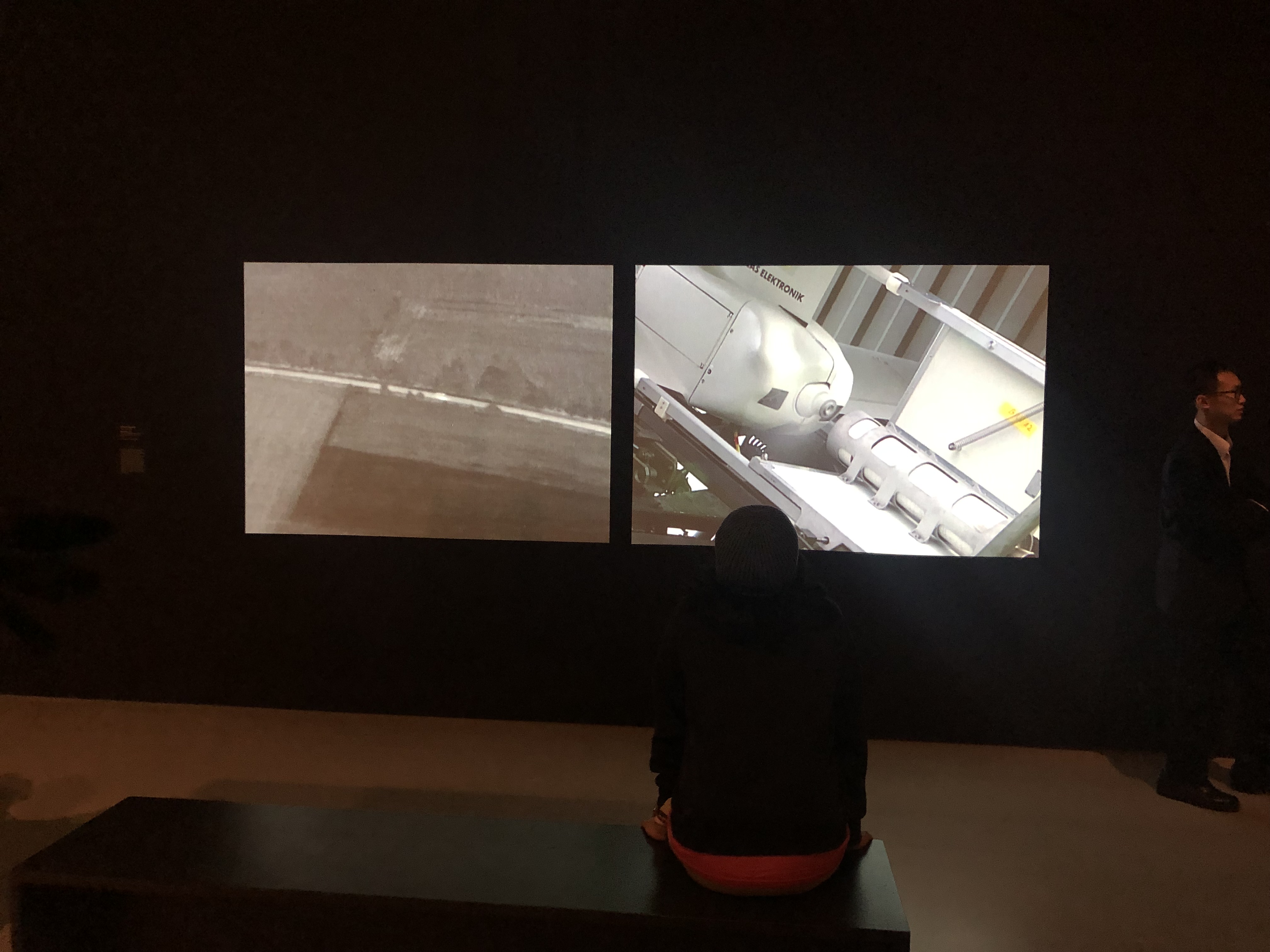
There is generally a very wide gap between the first emergence of new technology and its final application.
This was certainly true with the birth of the Industrial Revolution.
And since we like to make comparisons between the Industrial Revolution and its impact on the world and the digital revolution, in search of a roadmap for what is coming, it might be worthwhile to actually take a look at how long a path it is from initial emergence of a new piece of world-changing technology and when it actually did change the world.
In 1712, Thomas Newcomen built the first working steam engine in Britain.
Britain, being the birthplace of the Industrial Revolution, you would think that people would have jumped on this rather amazing new piece of technology (no longer needed animal power or to place the burgeoning factories or mills along the banks of rivers to power them).
That, in fact, was not the case.
The first steam engine powered factory was not built in Britain until 1786, a full 74 years after Newcomen. In 1807, Fulton's steamboat began regular passenger service between New York and Albany, and it was not until 1829 that Stephenson's Rocket, the first steam train, moved along the rails in England.
That's a long lead time.
Today, we may believe that we move faster, but in fact, not all that much faster.
The arrival of a new technology still means a long lead time between the tech's first appearance and its ultimate application, not to mention the changes it will engender in society.
Smartphones, for example, first appeared in 2007 when Steve Jobs unveiled the first iPhone. The piece of hardware was rapidly bought and integrated into everyday life, but toward what end?
To me, the most dramatic potential game-changer was the fact that now, the power to create television (which people still watch 8 hours a day), was now, in an instant, moved from the hands and control of a few studios and networks into everyone's pocket
And yet, the media world is still dominated by about 6 major media companies that continue to produce about 95% of everything you see from news to entertainment.
This point was driven home to me this weekend, when Lisa and I went to the Museum of Modern Art (not.a very long commute), to see their latest exhibition:
New Order: Art and Technology In The 21st Century
As you might imagine, the exhibition was positively dominated by video (with the exception of a few tanks filled with some kind of green slime jello thing).
Great massive screens - walls of them.
And what was on the screens?
What happens at the intersection of video and art?
Pretty much nothing, sorry to say.
Just a lot of really rather banal looped video clips that seem to have been jammed together at random - probably to 'make a statement' - though I have no idea of what that statement is supposed to be.
It's tragic, really.
So much potential.
So little application of that potential.
I suppose people must have said the same thing about Newcomen's Steam Engine in 1712.
Well, give video are 100 years or so, and let's see what happens.


